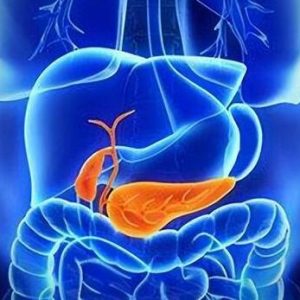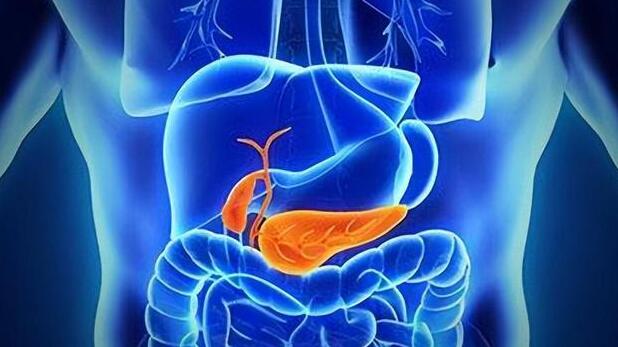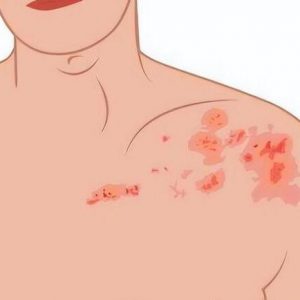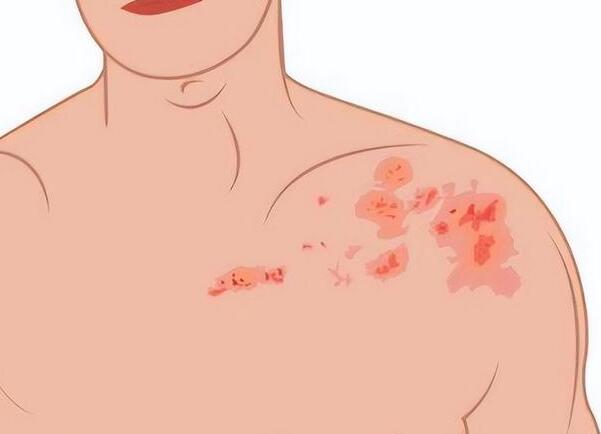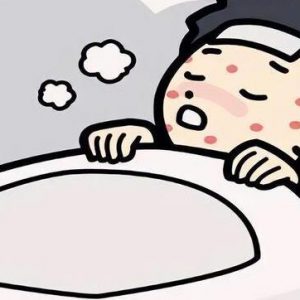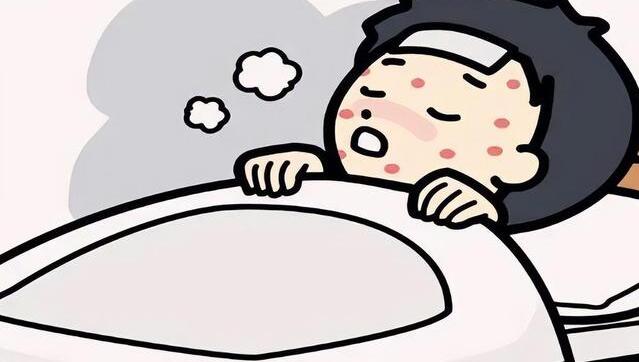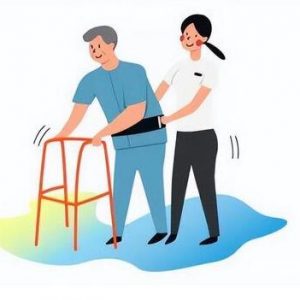In the fast-paced and increasingly stressful modern society, hair loss has become a ubiquitous concern. This issue not only affects physical appearance but also serves as an indicator of underlying health conditions, particularly for those entering middle age. While Western medicine offers pharmaceutical and surgical solutions, many seek more natural and harmonious remedies. Against this backdrop, Traditional Chinese Medicine (TCM), with its unique philosophy and methods, presents a novel approach to addressing hair loss.
TCM’s treatment of hair loss goes beyond superficial growth; it emphasizes the regulation of internal energy balance, specifically the circulation of qi (vital energy) and blood, as well as the strengthening of liver and kidney functions. TCM theory posits that hair loss stems from deficiencies in both qi and blood, coupled with insufficiencies in the liver and kidneys. These imbalances lead to poor nutrition of the scalp, affecting the health of the hair follicles. Therefore, by restoring the body’s internal equilibrium and improving qi and blood flow, TCM aims to tackle hair loss at its root.
Among various TCM treatments, acupressure—a simple and accessible self-care method—has gained widespread popularity. Two specific points—Baihui (GV20) and Xuehai (SP10)—are renowned for their efficacy in preventing and treating hair loss. Stimulating these points not only enhances blood circulation in the head and nourishes the hair follicles but also regulates the body’s qi and blood, thereby improving overall physiological health and promoting hair growth.
Understanding Hair Loss from a TCM Perspective:
TCM attributes hair loss primarily to intrinsic factors such as yin deficiency in the liver and kidneys, insufficient qi and blood, and weakness in the spleen and stomach. The liver stores blood, while the kidneys house essence; deficiencies in either can deprive the hair of necessary nourishment, leading to hair loss. Additionally, as the spleen and stomach are the foundation of acquired constitution and the source of qi and blood production, their weakness can impair the generation of qi and blood, affecting hair growth.
The Impact of Hair Loss and TCM Treatment Principles:
Hair loss can diminish one’s appearance, confidence, and quality of life. TCM’s principle is to treat from the inside out, harmonizing the body’s internal balance of yin-yang and the five elements. By enriching the kidneys and benefiting essence, nourishing blood to moisturize dryness, and strengthening the spleen and stomach, TCM addresses the problem at its core.
Nourishing the Kidneys and Benefiting Essence:
The kidneys are the foundation of congenital constitution, and sufficient kidney essence is crucial for hair growth. Nourishing the kidneys through dietary therapy or herbal medicine involves commonly used ingredients like black sesame seeds, walnuts, goji berries, and prepared rehmannia root.
Nourish Blood to Moisturize Dryness:
Insufficient qi and blood can lead to a lack of nutrients in the scalp, causing dryness and even hair loss. Nourishing the blood and generating fluids improve the state of qi and blood, using herbs such as angelica, donkey-hide gelatin, and fresh rehmannia root.
Strengthen the Spleen and Stomach:
The health of the spleen and stomach directly affects qi and blood production. By strengthening the spleen and replenishing qi, using herbs like astragalus and atractylodes, the function of the spleen and stomach is enhanced, thus increasing qi and blood production to provide ample nutrition for hair growth.
TCM-Recommended Acupressure Points for Hair Loss Prevention:
Baihui (GV20):
Located at the midline of the crown of the head, where the lines connecting the ear tips intersect, stimulating Baihui can regulate the head’s qi and blood, promote scalp blood circulation, and nourish the hair.
Shen Shu (BL23):
Situated 1.5 inches lateral to the spinous process of the second lumbar vertebra, Shen Shu is a key point for nourishing the kidneys. Massaging this point helps to enrich the kidneys and benefit essence, showing effective results for hair loss due to kidney essence deficiency.
In conclusion, TCM offers a comprehensive approach to addressing hair loss, focusing on internal balance and natural healing methods. By integrating lifestyle adjustments, dietary therapy, herbal medicine, and acupressure, TCM provides a harmonious solution for those seeking to prevent and treat hair loss holistically.
